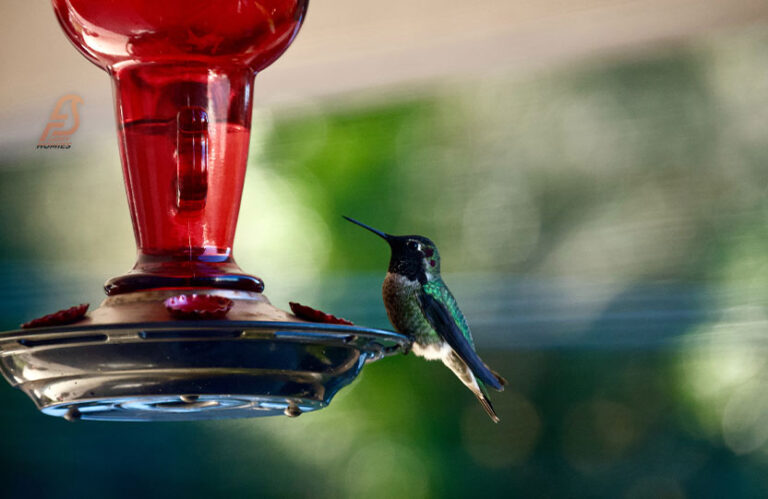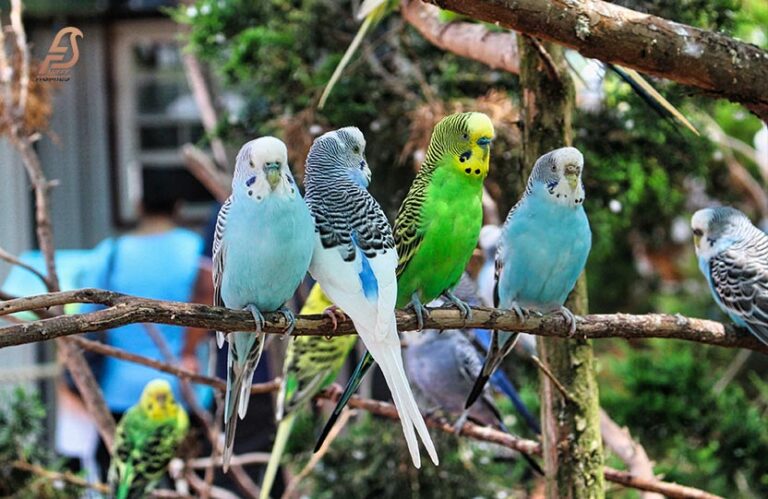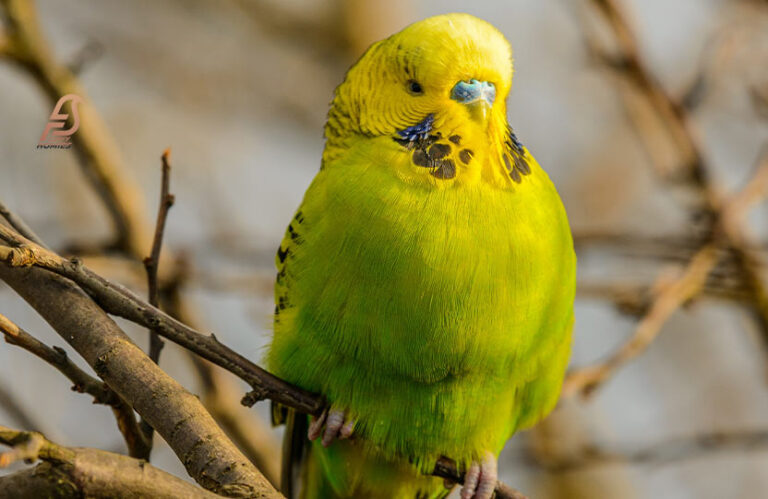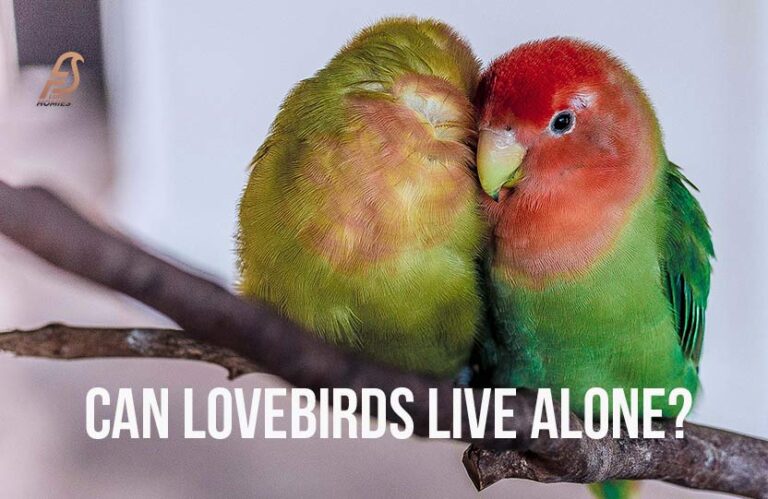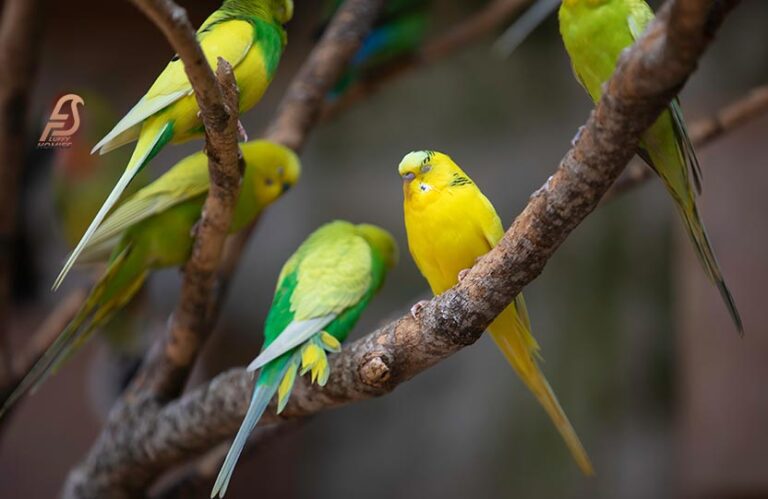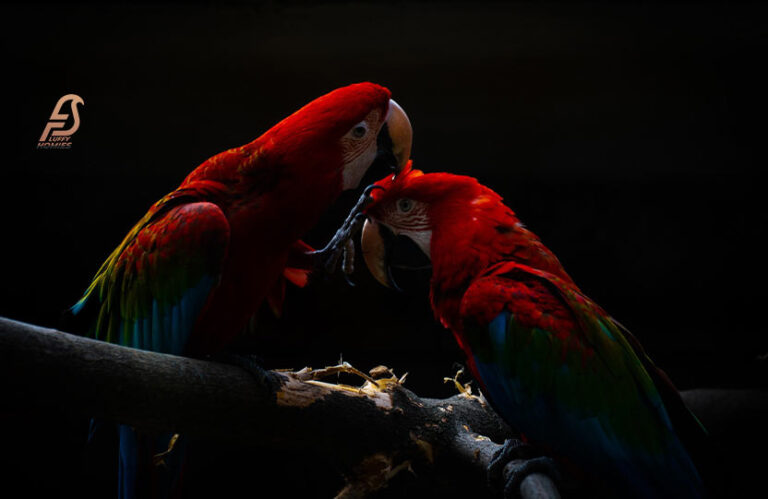Why Are My Cockatiel Eggs Not Hatching (How to Fix in 2023)
If you are breeding cockatiels and are having trouble getting your cockatiel eggs to hatch, it could be due to a variety of factors.
In this blog post, we will discuss some possible reasons why your cockatiel eggs may not be hatch and what you can do to improve your chances of success.
It is important to note that hatching eggs is not always easy and may require some trial and error to figure out what works best for your particular bird.
However, with a little bit of knowledge and perseverance, you can increase your chances of success and enjoy the rewards of raising your cockatiel chicks.
What Causes Cockatiel Eggs Not to Hatch?
Incorrect Temperature
Incorrect temperature can be a cause of bird eggs not hatching. The temperature in the incubator or brooder needs to be consistent and within a certain range for eggs to hatch.
If the temperature is too high or too low, the eggs may not hatch. Factors that can contribute to incorrect temperature include:
- Incorrect settings on the incubator or brooder: If the temperature is not set properly on the incubator or brooder, this can affect the eggs’ ability to hatch.
- Inconsistent temperatures: If the temperature fluctuates significantly, this can also affect the eggs’ ability to hatch.
- Incorrect placement: If the incubator or brooder is placed in a location with fluctuating temperatures, this can also affect the eggs’ ability to hatch.
Poor Egg Quality
poor egg quality can be a cause of birds eggs not hatching. Eggs that are damaged, dirty, or too old may not be viable and may not hatch. Factors that can contribute to poor egg quality include:
- Age: As eggs get older, their quality may decline.
- Handling: Eggs that are handled roughly or dropped may become damaged and may not hatch.
- Infection: Eggs can become infected with bacteria or fungi, which can cause them to become rotten or diseased.
- Nutritional deficiencies: If the parent birds are not getting enough nutrients, this can affect the quality of the eggs.
Infertile Eggs
Infertile eggs are a common cause of not hatching. If the eggs are not fertilized, they will not develop into chicks. Factors that can contribute to infertile eggs include:
- Hormonal imbalances: If the parent birds have hormonal imbalances, this can affect their fertility and cause them to lay infertile eggs.
- Age: As birds get older, their fertility may decline.
- Health issues: Health problems in the parent birds, such as infections or nutritional deficiencies, can affect their fertility and cause them to lay infertile eggs.
- Incorrect breeding practices: Incorrect breeding practices, such as breeding birds that are too closely related or not providing adequate nesting materials, can result in infertile eggs.
Pipping Problems
Pipping problems can be a cause of bird eggs not hatching. Pipping refers to the process of the chick breaking through the shell to hatch.
If the chick is unable to break through the shell, then your cockatiel egg may not hatch. If the shell is misshapen or has abnormalities, this can make it difficult for the chick to hatch.
Incorrect humidity
The humidity level in the incubator or brooder also needs to be consistent and within a certain range for eggs to hatch. If the humidity is too high or too low, the eggs may not hatch.
Lack of Genetic Diversity
While a lack of genetic diversity can affect the overall health and viability of a bird population, it is not typically a direct cause of that birds eggs not hatching.
However, if the parent birds have health issues or hormonal imbalances due to a lack of genetic diversity, this can affect their fertility and cause them to lay infertile eggs, which will not hatch.
It is important to maintain a diverse gene pool in a bird population to ensure the overall health and viability of the population.
If you are breeding birds, it is important to follow proper breeding practices and avoid breeding birds that are too closely related.
Other health issues
Health problems in the parent birds or the eggs themselves can be a cause of bird eggs not hatching. This makes birds feet hot and body also.
As you are aware, cockatiel eggs require some nutrients that are essential to their growth which is only possible if they are healthy.
Therefore, when breeding season comes around, you must give wholesome food. Providing sustenance for eggs can improve the likelihood of laying viable eggs.
Related Articles
How to Incubate & Hatch Parrot Eggs at Home?
How Long Does It Take a Cockatiel Eggs to Hatch?
It typically takes about 18-21 days for a cockatiel egg to hatch.
The exact hatching time can vary slightly depending on the specific conditions in the incubator or brooder, as well as the health and genetics of the parent birds.
To ensure that the eggs are incubated consistently, it is important to maintain a consistent temperature and humidity level and to turn the eggs regularly.
If you are having trouble getting your eggs to hatch, it may be helpful to consult with a veterinarian or an avian specialist for guidance.
How Can I Encourage My Cockatiel Eggs to Hatch?
Some incredible tips help your cockatiel’s eggs to hatch safely.
Proper Incubation Temperature and Humidity
The temperature and humidity level in the incubator or brooder needs to be consistent and within a certain range for eggs to hatch.
It is important to follow the manufacturer’s instructions for setting the temperature and humidity level and to monitor them regularly to ensure that they are within the proper range.
Sufficient Cage Size
It is important to provide the parent birds with a cage that is large enough to accommodate a nest box and to allow the birds to move around freely.
A cage that is too small can create stress for the birds and may affect their fertility and the quality of the eggs.
Correct Placement of the Eggs
Place the eggs in the incubator or brooder with the small end down and the large end up. This helps to ensure that the chick has enough space to hatch and emerge from the egg.
Nest box
Provide the parent birds with a suitable nest box that is the correct size and shape for their breed. The nest box should be located in a quiet, private area of the cage and should be made of a sturdy material that is easy to clean.
Healthy Parent Birds
Ensure that the parent birds are healthy and properly cared for, and provide them with a nutritious diet. A healthy diet can help to improve the quality of the eggs and the overall health of the birds.
Ensure that the parent birds are receiving a nutritious diet that includes a variety of seeds, pellets, and fresh fruits and vegetables.
Health problems in the parent birds, such as infections or nutritional deficiencies, can affect the quality of the eggs and the chances of them hatching.
Keep it Clean
Regularly clean the cage and the nest box to prevent the build-up of dirt and bacteria. A clean environment can help to reduce the risk of infection and improve the chances of the eggs hatching.
Avoid Disturbing the Eggs
Try to minimize disturbance of the eggs during the incubation period to give them the best chance of hatching.
Avoid handling the eggs unnecessarily and avoid opening the incubator or brooder excessively, as this can disrupt the incubation process.
A New Nest Box is Better
If possible, consider using a new or freshly cleaned nest box for each breeding season. This can help to reduce the risk of infection and improve the chances of the eggs hatching.
Regular Egg Turning
Turn the eggs at least once a day to ensure that they are incubated evenly. This helps to prevent the yolk from settling in one spot and can improve the chances of the eggs hatching.
Age is a Factor
The fertility of birds tends to decline with age, so it is generally best to use younger, healthy birds for breeding. If you are using older birds, it may be helpful to consult with a veterinarian or
Conclusion
There are many potential causes for bird eggs not hatching, including incorrect temperature and humidity, poor egg quality, infertile eggs, inconsistent incubation, pipping problems, and health issues.
To improve the chances of getting your cockatiel eggs to hatch, it is important to maintain a consistent temperature and humidity level, use fresh, clean eggs, ensure that the eggs are incubated consistently, and provide the parent birds with a healthy diet and a clean environment.
If you are having trouble getting your eggs to hatch, it may be helpful to consult with a veterinarian or an avian specialist for guidance.
Remember to be patient and persistent, as it can take time and effort to successfully hatch eggs. Keep your birds and their eggs safe and healthy with us!
FAQs
How do you know if an egg is not going to hatch?
There are a few signs that may indicate that an egg is not going to hatch.
If the egg has been in the incubator or brooder for the full incubation period and there are no signs of the chick hatching, eggs include a bad smell, a slippery or slimy texture, or the presence of mold or fungus on the shell.
What happens if an egg doesn’t hatch?
If an egg does not hatch, it means that the chick inside was not viable and did not develop properly. The egg will not hatch and will eventually rot or dry out.
Can eggs still hatch after 21 days?
Eggs can hatch after 21 days, but it is relatively uncommon. Most eggs will hatch within the standard incubation period of 18-21 days.
If an egg has been in the incubator or brooder for more than 21 days and there are no signs of the chick hatching, likely, the egg is not viable.
What do you do with an Infertile cockatiel egg?
Infertile eggs will not hatch and should be removed from the incubator or brooder. It is important to dispose of infertile eggs promptly to prevent the spread of disease.
Is it normal for eggs to hatch late?
It is not uncommon for eggs to hatch later than the standard incubation period of 18-21 days.
The exact hatching time can vary slightly depending on the specific conditions in the incubator or brooder, as well as the health and genetics of the parent birds.

